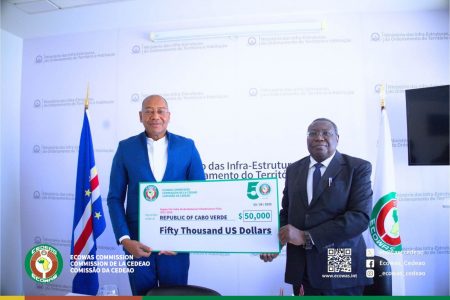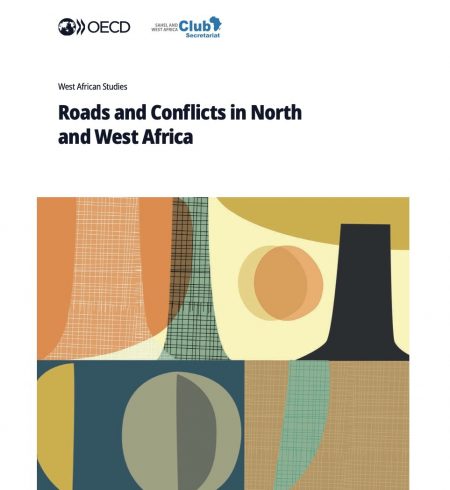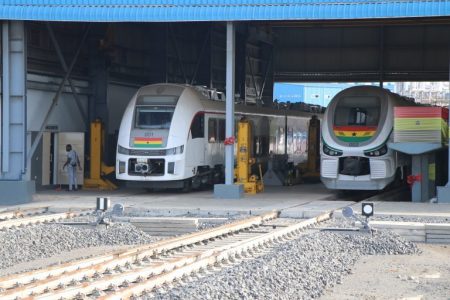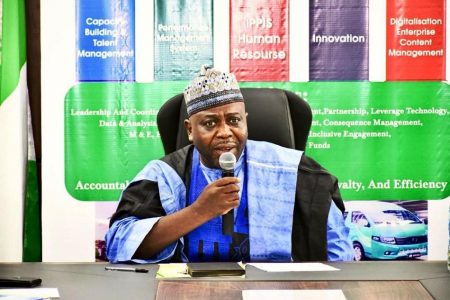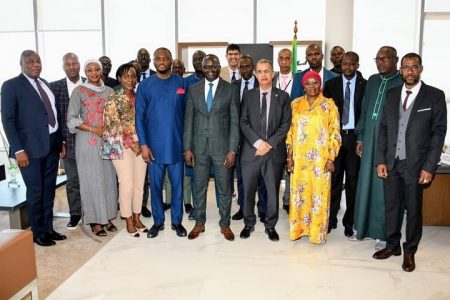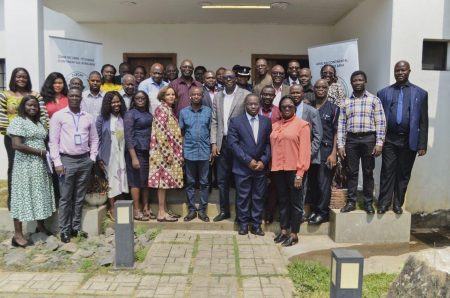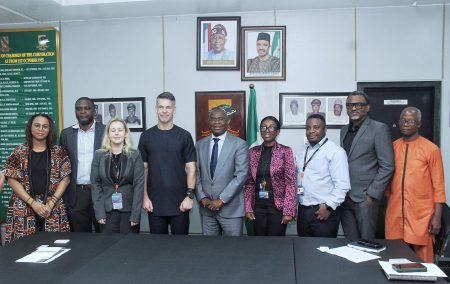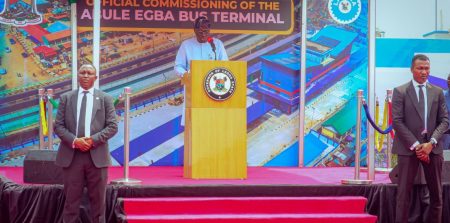This content is for Premium Subscribers only. To view this content, login below or subscribe as a Premium Subscriber.
Related News Articles
NRC and Plateau State Government Partner to Revive Jos–Kuru Rail Corridor
15 April 2025
West Africa, Nigeria
1 min
Warri-Itakpe Train Service Temporarily Suspended Following Engine Failure
15 April 2025
West Africa, Nigeria
1 min
Simandou project wins Impact Deal of the Year at IFLR Africa Awards 2025
31 March 2025
West Africa, Guinea
2 min
GPHA, Burkina Faso Strengthen Trade Ties to Boost Bilateral Cooperation
28 March 2025
West Africa, Ghana
1 min
2 min
1 min
1 min
NRC and APM Terminals Expand Cargo Freight Services
21 February 2025
West Africa, Nigeria
1 min
Sanwo-Olu Announces 30% Reduction in Red Line Fare, Commissions New Bus Terminal
21 February 2025
West Africa, Nigeria
1 min
Itakpe-Warri Train Service Experiences Technical Issue
21 February 2025
West Africa, Nigeria
1 min
